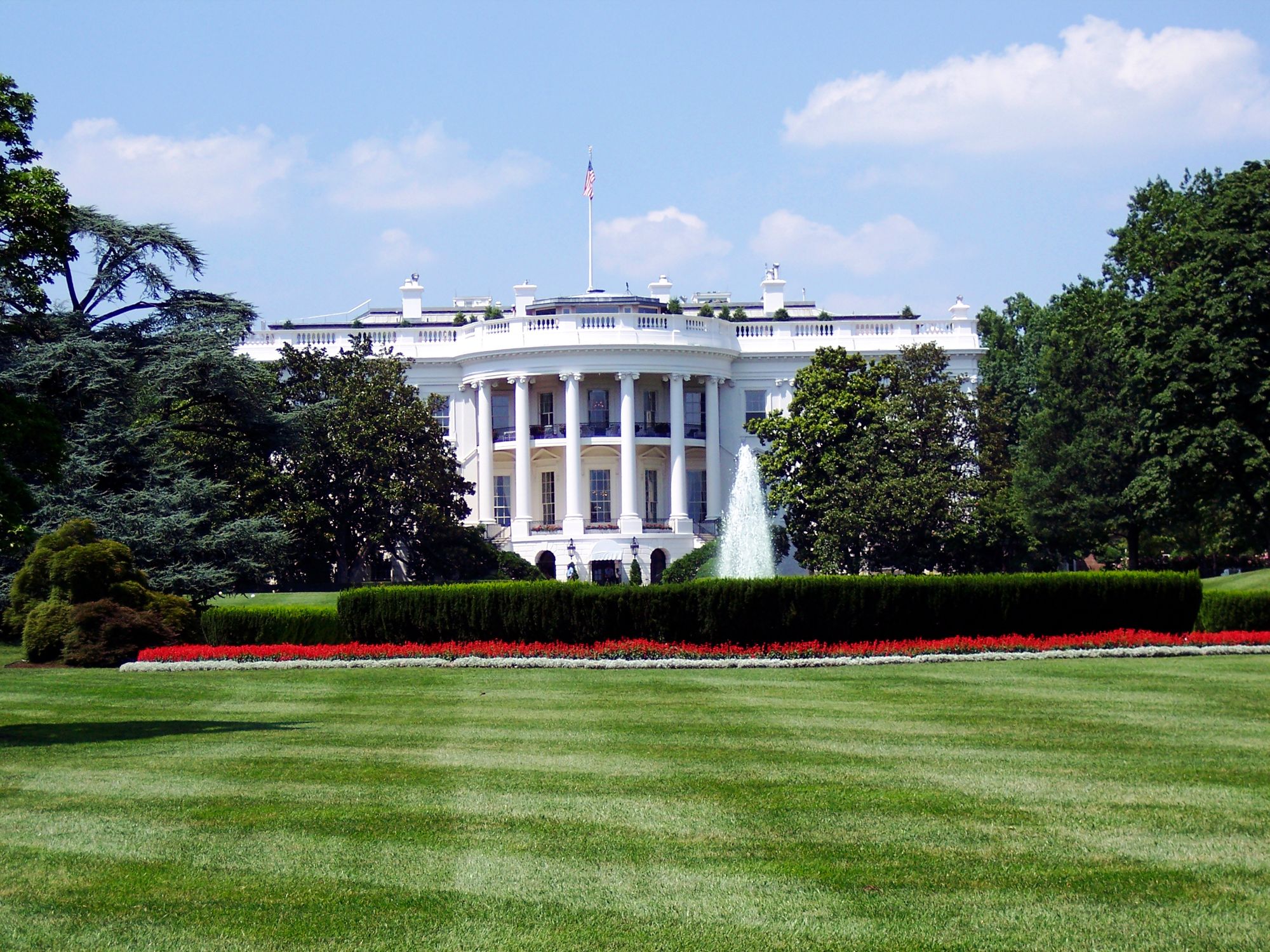Don't fear the Executive Orders

The White House made a big deal about the new Executive Orders about firearms. That was to obscure that they're not a big deal.
On January 1, the White House announced New Executive Actions to Reduce Gun Violence and Make Our Communities Safer. This involved a big press conference and lots of fanfare, but ultimately didn't have much practical effect. There only seem to have been 2 aspects that will directly impact firearm sales:
-
If you sell to NFA trusts or corporations, understand that these buyers will soon be subject to NICS background checks. The Executive Order says: "ATF is finalizing a rule that makes clear that people will no longer be able to avoid background checks by buying NFA guns and other items through a trust or corporation."
-
If you ship a firearm and it is lost or stolen in transit, understand it is your responsibility to report the loss to the ATF (not the intended recipient's). The Executive Order says: "Under current law, federal firearms dealers and other licensees must report when a gun from their inventory has been lost or stolen. The regulations are ambiguous, however, about who has this responsibility when a gun is lost or stolen in transit. ... Today, ATF issued a final rule clarifying that the licensee shipping a gun is responsible for notifying law enforcement upon discovery that it was lost or stolen in transit."
FFL licensure requirements
The White House announcement of the Executive Order also discussed licensing requirements at length. While this led many to believe there had been changes to the interpretation of the licensing law, it appears the White House was simply confirming the prevailing interpretation. Specifically, the White House announcement confirmed two licensure requirement indicators:
- "A person can be engaged in the business of dealing in firearms regardless of the location in which firearm transactions are conducted. For example, a person can be engaged in the business of dealing in firearms even if the person only conducts firearm transactions at gun shows or through the Internet."
- "There is no specific threshold number of firearms purchased or sold that triggers the licensure requirement."
The White House announcement did not explain what specifically triggers the licensure requirement. Thankfully, the BATF released a guidance document at the same time, "Do I Need a License to Buy and Sell Firearms?". This useful document seems to confirm that the licensure requirements have not changed. People who sell firearms "with the principal objective of livelihood and profit" need to be licensed, but people who "make occasional sales" or sell "all or part of his personal collection" do not. (For more specific details, start on page 8 of the ATF document.)
Disclaimer: This article should not be construed as legal advice.
